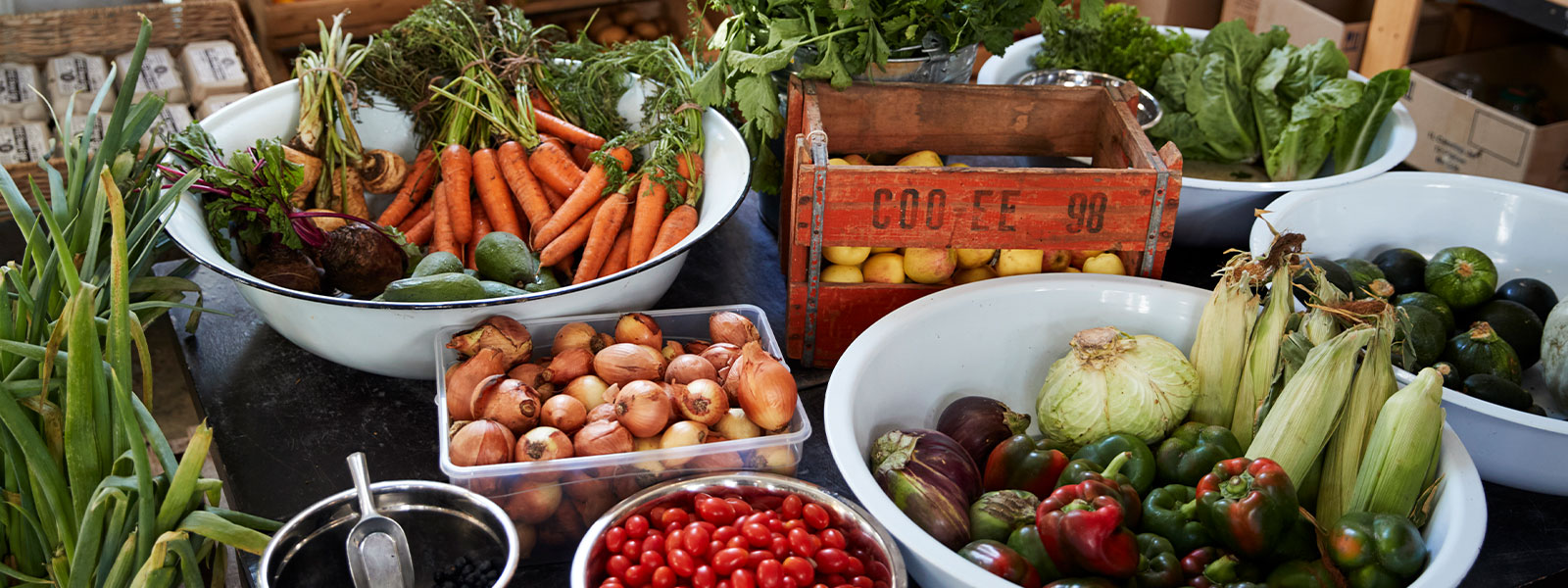Our food choices - what we eat and what we serve — influence our health and the health of our planet.
We recognise our responsibility not only to do what we can to protect the environment, but also to promote healthier eating and help students and staff understand the link between diet and mental health and performance.
We're committed to ensuring that the processes in which the food and drink we source, procure, serve, and dispose of are conducted in an environmentally, socially, and economically responsible manner. Sustainability is incorporated into all aspects of our operations.
The below highlights some of the steps we take in this commitment:
